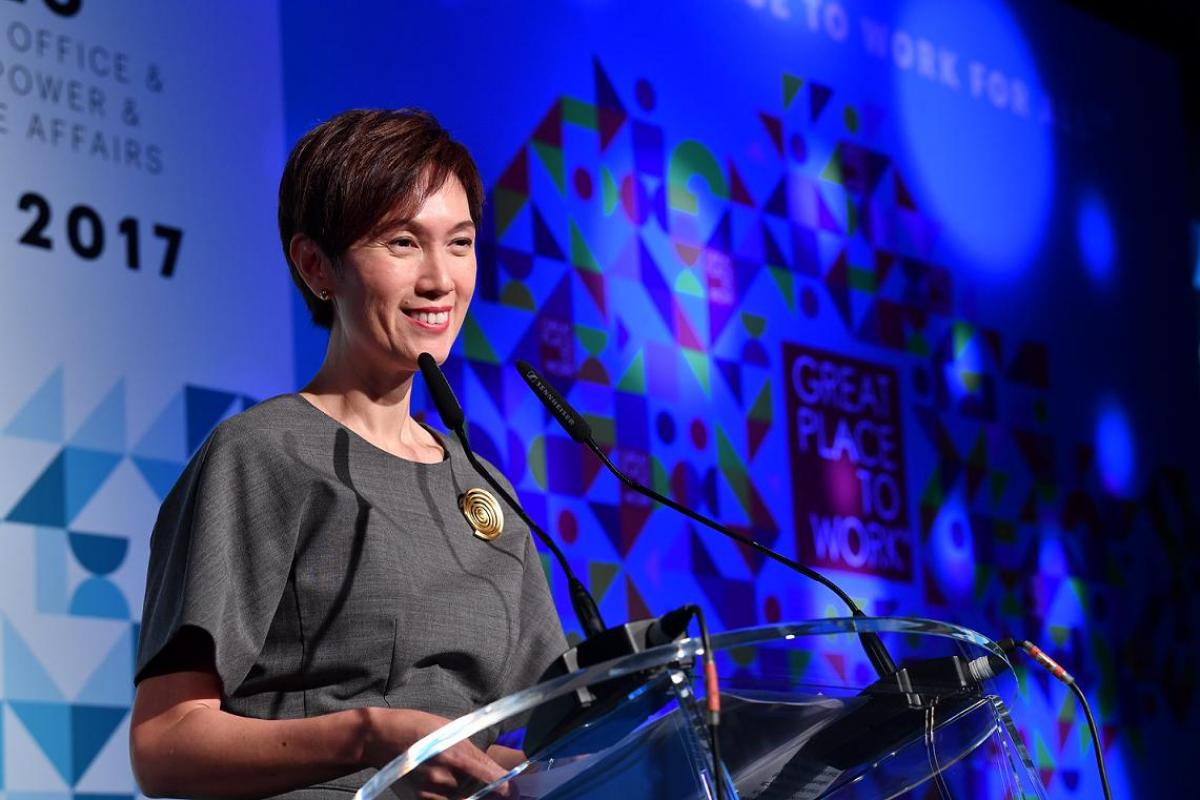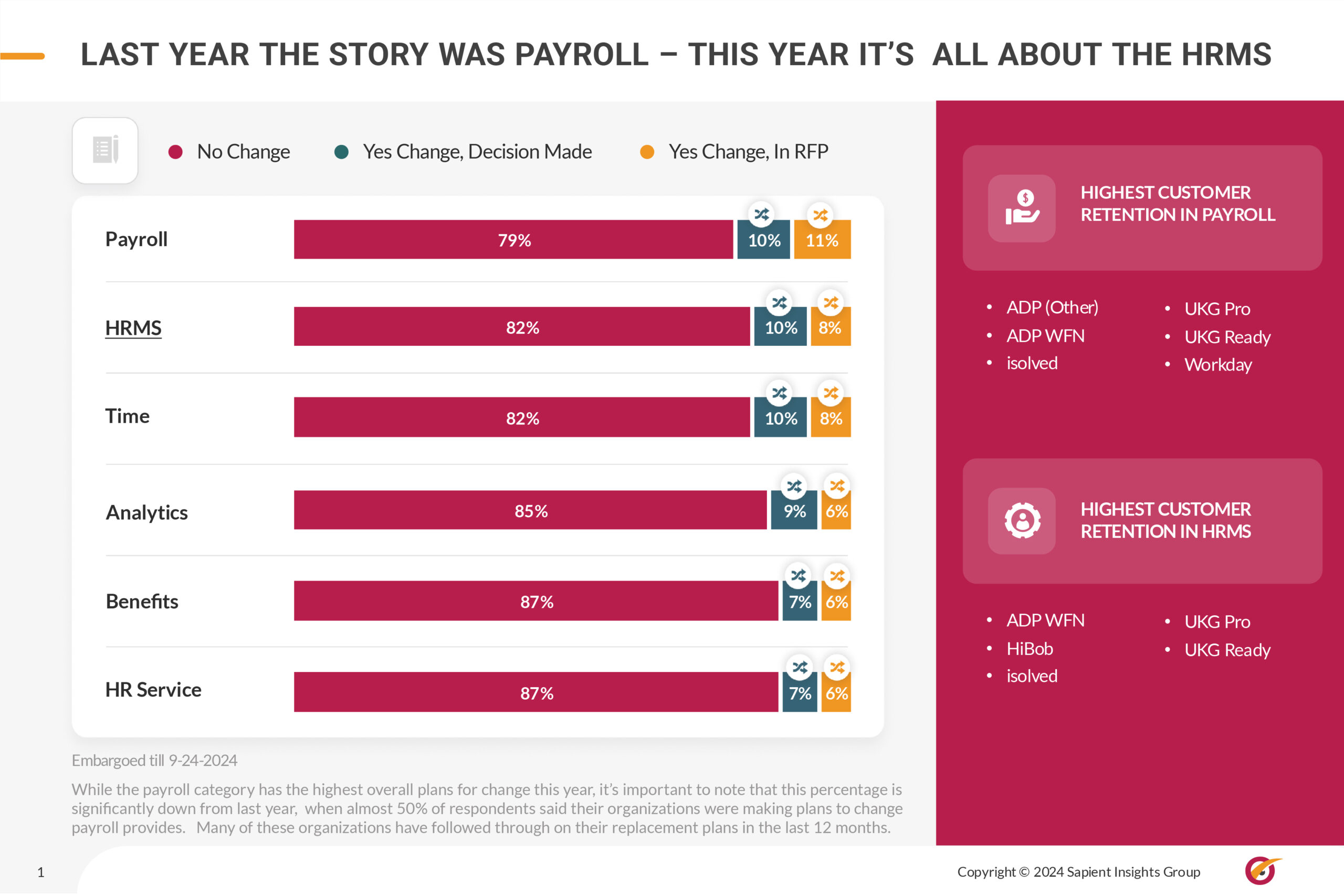Great workplaces make for a greater Singapore
- Yamini Chinnuswamy
- Topics: Employee Experience, Features, Singapore

Good workplace culture is crucial for enabling optimal performance over the long term, says Josephine Teo, Minister, Prime Minister’s Office, Second Minister For Manpower and Second Minister For Home Affairs.
Speaking last week at the Great Place to Work’s Best Workplaces Awards Ceremony 2017, Teo noted that in the right environment, employees are more likely to feel engaged, and want to stick around.
“Great places to work are more likely to weather the storms and emerge stronger,” she said.
Teo acknowledged that senior executives in any business are more likely to prioritise revenue and profits, but noted that investing in positive workplace culture can lead to benefits not just for the company, but also for Singapore’s economy as a whole.
“[Workplace cultures] matter not only to the businesses but also a great deal to the kind of economy and industries we want for Singapore: highly-productive, innovation-driven, internationally-oriented, skills-focussed and inclusive and enabling,” she said.
“In fact, the norms in every organisation must constantly evolve,” added Teo, pointing out that every generation of workers comes into the office with different values and goals.
She highlighted that for any given workplace culture to be tangible and impactful, it must exist at every level of the business: from the most junior employee, right up to the C-suite.
Nonetheless, she added, “it is never too late to try and change workplace culture, or to reshape it.”
Tripartite standards
Teo also touched on the Tripartite Standards, of which there are now three, for term contract employment, flexible work arrangements (FWA) and grievance handling.
“Each Tripartite Standard spells out a set of verifiable actions that good employers take. For example, an employer that adopts the Tripartite Standard on FWAs commit to appoint a senior management to champion FWAs at the workplace, and to inform all its staff what FWAs it offers and that it is willing to consider requests for FWA,” she explained.
Employers can decide which Tripartite Standards to adopt, depending on the needs of their respective businesses – and more will be launched over the coming months.
Teo highlighted that since the Standards launched at the end of July, almost 500 organisations have adopted them to date, covering more than 360,000 workers.
“We hope they help job seekers to differentiate between the so-so places to work and the great places to work,” she concluded.






